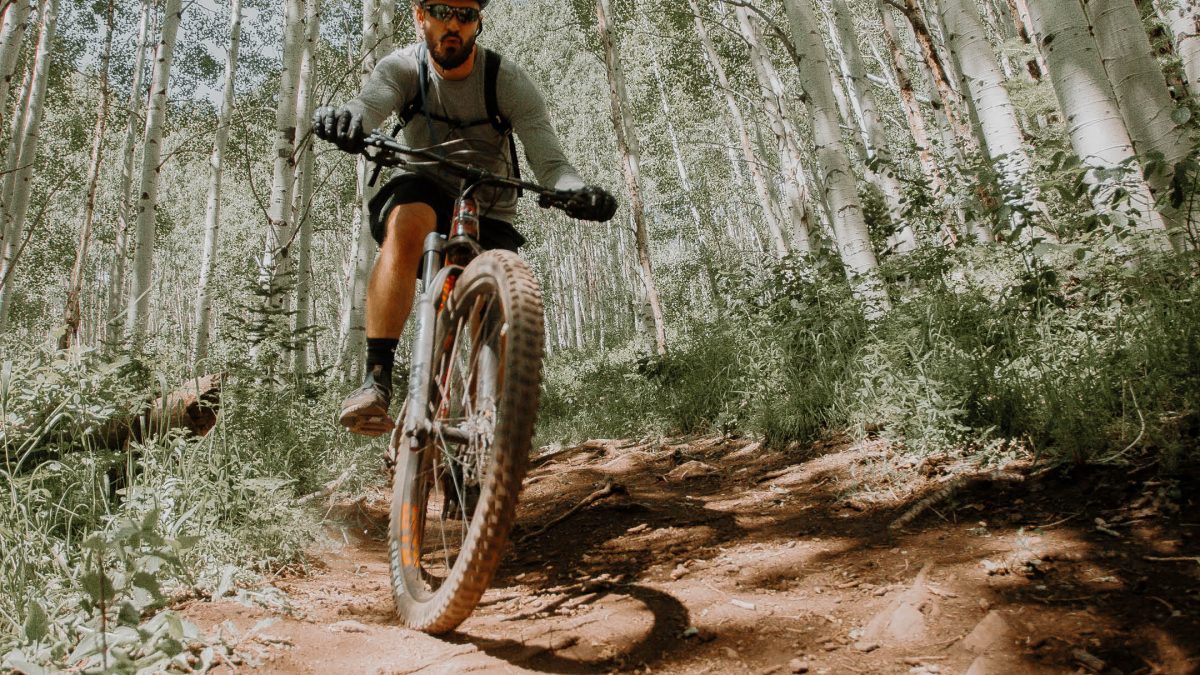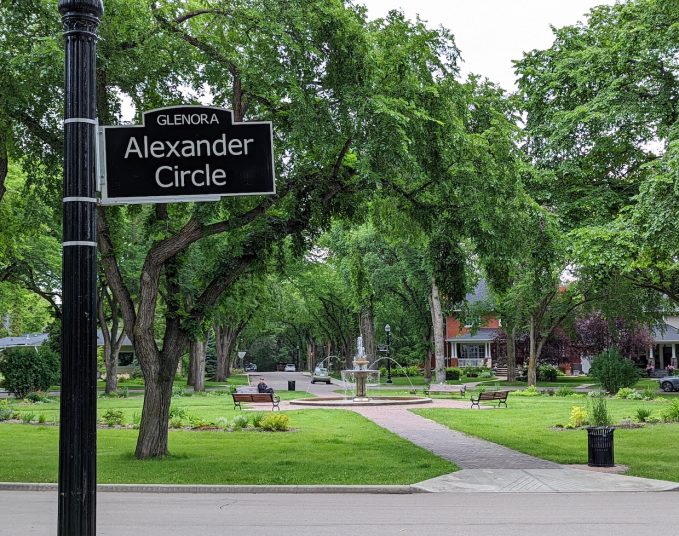Edmonton mountain bikers are opposing a City of Edmonton scheme they claim will prohibit cycling on 90 per cent of the river valley trail network.
They say the City’s latest update to its more than 20-year-old “Ribbon of Green” plan to modernize the river valley amounts to a nearly all-out ban on mountain biking in one of Canada’s greatest natural urban environments.
The plan, which is scheduled to go before council midway through next year, limits activities in greater swaths of the valley – classified as “preservation areas” – to “foot-based travel” only to “facilitate the quiet enjoyment and appreciation of nature,” and to reduce “user conflicts.”
It suggests trail cycling is incompatible with ecological preservation.
"It’s there in black and white. The maps designate almost everything that’s not a golf course or an EPCOR facility as preservation."
“It’s there in black and white,” said Edmonton Mountain Bike Alliance (EMBA) president Joe Yurkovich. “The maps designate almost everything that’s not a golf course or an EPCOR facility as preservation,” he said.
Off-road cyclists have voluntarily maintained and connected a network of river valley trails that in many cases existed before mountain biking became popular in the last few decades.
“[Today] we have an extensive network that is a very valuable asset for our city and our quality of life,” Yurkovich said.
The plan’s stance on biking has some scratching their heads given the City’s investment in and promotion of bike lanes.
“The City has a suite of other plans, policies and strategies that embrace cycling and aim to increase cycling … which would be completely in discord with a river valley plan that put restrictions on and limited access to mountain biking,” says a Feb. 28 open letter from the mountain biking community, signed by more than 40 stakeholders.
City maps show plans to expand areas labeled off-limits to biking, from northeast of Hermitage Park to south of Terwillegar Park, and through the Whitemud and Mill Creek ravines.
At a news conference in February called in response to erupting controversy, the City’s director of urban growth and open space, Lindsey Butterfield, accused cycling stakeholder groups like EMBA of spreading “misinformation.” The City declined an interview for this story.
“The intention is not to ban mountain biking,” Butterfield said. “It’s to make sure (…) we understand the best places for that activity so that it doesn’t harm our ecosystem irreparably.”
City FAQs on the issue claim mountain biking has “greater” impacts than hiking in some situations – such as habitat fragmentation, stress on wildlife and soil erosion.
But, Yurkovich doesn’t buy it. The suggestion that biking might cause more environmental damage than hiking or running is a major sticking point for the bike community.
“The preponderance of the scientific research is that the effects of cycling are pretty well on par with foot-based use,” Yurkovich said.
Yurkovich said mountain bikers are environmental stewards who maintain existing trails voluntarily – putting in 594 volunteer hours in 2021.
“EMBA is the only organization that is doing maintenance on those trails. We shouldn’t be excluded from them, particularly because we think the science says that impacts from cycling aren’t really all that different from the impacts from hiking or running on a trail,” he said. “If you’re going to allow someone to hike or run on a trail, we think it should be open to cycling as well.”
Yurkovich acknowledged rogue trail building by so-called “trail fairies” creates tension, but believes a mountain biking master plan with a recognized trail system would help put a stop to illegal activity.
He suggested the mountain biking community is in a battle for proverbial hearts and minds, saying a big part of the issue is that some people simply don’t like the activity and don’t want to share trails with cyclists.
Butterfield alluded to “other parties” who want the city to close trails in the river valley, but said the city doesn’t have the resources to do that.
EMBA won’t be the only group keeping a keen eye on developments as public engagement and other work on the Ribbon of Green update continues.
The Edmonton River Valley Conservation Coalition said there can be “lovely” trails for everyone to enjoy, but all recreation has to respect the ecological sensitivity of the river valley.
“This means not ‘balancing’ interests … but rather recognizing that all recreation happens within nature, so we must manage ourselves responsibly,” ERVCC chair Kristine Kowalchuk said in a statement.
For now, the City says mountain bikers can keep up their activity as long as they stick to existing trails.
Savvy AF. Blunt AF. Edmonton AF.




